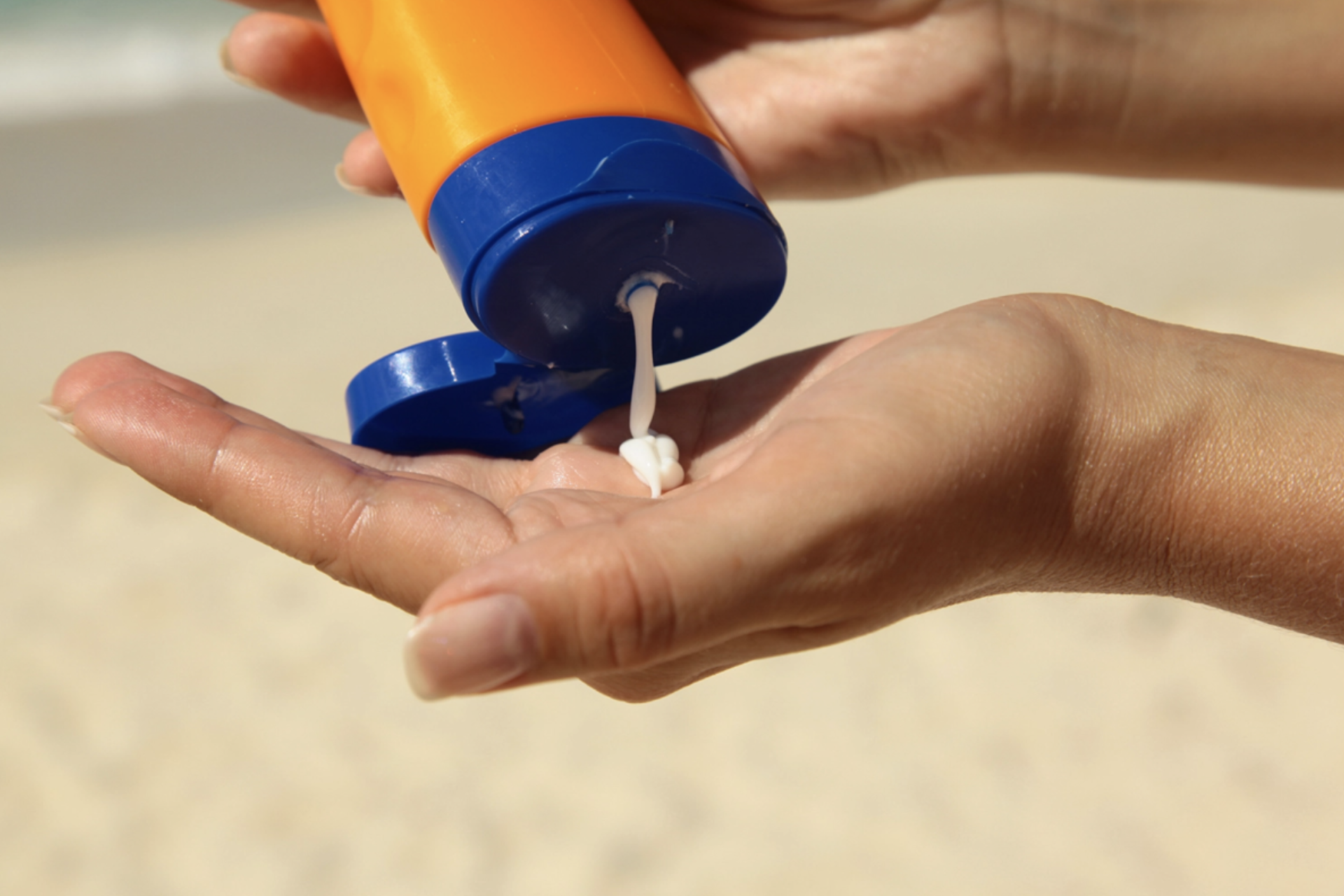Coral-Safe Sunscreen
Funding Year: 2017
Research Areas: Oceans, Public Health
Regions: North America
Coral reefs are enormously important for biodiversity, CO2 absorption, fisheries, and protection of coastlines from storm surges. Although corals are animals, they host photosynthetic algae in an essential symbiotic relationship. Corals face many threats, including rising seawater temperatures and pollution; exposure to sunscreens may be another.
Coral reefs are enormously important for biodiversity, CO2 absorption, fisheries, and protection of coastlines from storm surges. Although corals are animals, they host photosynthetic algae in an essential symbiotic relationship. Corals face many threats, including rising seawater temperatures and pollution; exposure to sunscreens may be another.
Conservationists encourage snorkeling visits to coral reefs to promote demand for preserving them. However ironically, use of sunscreens by snorkelers has been associated for some products with severe declines in coral reefs.
Meanwhile, other sunscreens are marketed explicitly as coral-safe. Yet, there is little evidence to justify either of these claims. This project will characterize the chemical and biological mechanisms by which sunscreens may harm corals in order to guide the development and marketing of effective sunscreens that are not toxic to corals. Specifically, this effort seeks to answer the questions: Which sunscreen ingredients harm corals? Which ingredients generate oxidants that can trigger chemical processes within corals leading to cell death? Do the ingredients harm the animal itself, perturb the animal-algal symbiosis, or both? Can the nature of the stress response clarify the pathways through which damage occurs?
Learn more about the Environmental Venture Projects grant program and other funded projects.
Principal Investigators:
William Mitch, Professor of Civil and Environmental Engineering
John Pringle, Professor of Medicine
Related News
Stanford funding kickstarts research aimed at developing a range of transformative environmental solutions.



